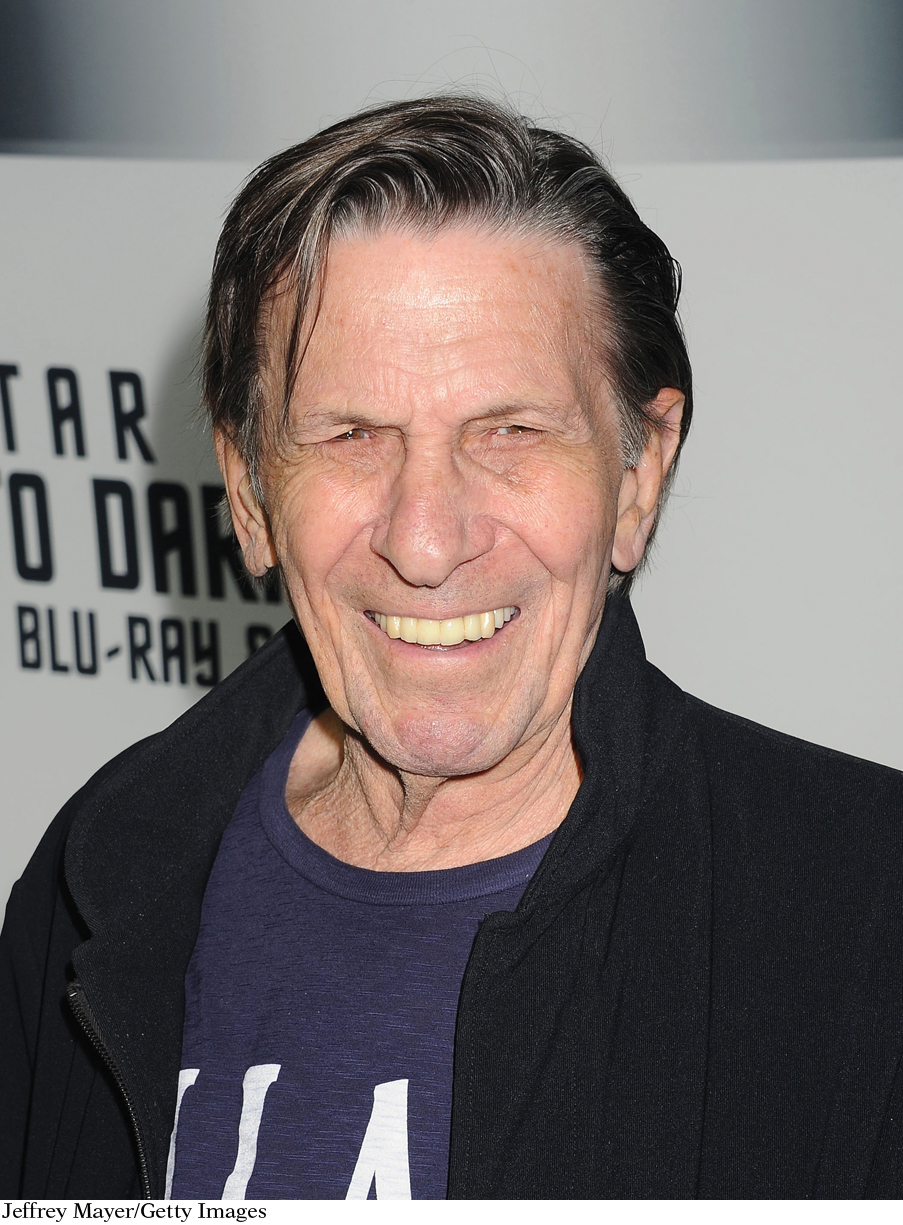Chapter Introduction
21
NUTRITION AND THE AGING ADULT

LEARNING OBJECTIVES
Discuss at least four age-related physiological changes (Infographic 21.1)
Describe changes in the age structure of the population in the United States in the next 25 years (Infographic 21.2)
Explain how skeletal muscle is needed to heal from illness and injury, the benefits of maintaining adequate muscle mass, and the benefits of exercise (Infographics 21.3 and 21.9)
Discuss how physical, psychological, economic, and social factors may influence the ability of the aging adult to achieve the recommended nutrient intake (Infographic 21.4)
Describe three nutrition-related conditions that are common in older adults, their precipitating factors, and potential consequences (Infographic 21.5)
Identify at least five nutrients of concern in the aging adult and describe ways to obtain adequate intake of these nutrients (Infographics 21.6 and 21.7)
Identify lifestyle dietary characteristics that may delay the onset of age-related disease (Infographic 21.10)
When Leonard Nimoy died in February 2015, at the age of 83, he was remembered most for his iconic role as the pointy-eared Mr. Spock on the television and movie series Star Trek. Part human, part Vulcan, Spock shared with his fellow Vulcans an intensely logical mindset. Vulcans had long since figured out how to prevent poverty, war, and other social problems. They were also masters of their own health, eating a vegetarian diet and living to be 200 years old. Hence the traditional Vulcan salute, “Live long and prosper.”

Nimoy himself managed to live seven years beyond the average life expectancy for a man in the United States, and was mentally vigorous until the end, writing poetry and Tweeting to his many followers. He might have lived even longer, if he hadn’t smoked as a young man, or had quit earlier. Nimoy died of complications from chronic obstructive pulmonary disease, which is often a late, smoldering consequence of smoking.
Star Trek is science fiction, of course, but the search for the secrets to a longer life is a very real focus of contemporary science, involving researchers in fields as diverse as genetics, cell biology, nutrition, psychology, and sociology. Geneticists working in laboratories around the world have already figured out how to double the lifespan of small animals like mice and worms by altering their genes. Venture capitalists are currently investing in companies, like the Bay Area–based Calico, whose explicit aim is to use biotechnologies to extend the human lifespan.
Calorie restriction without nutrient deficiency also increases the longevity of small animals and is one of the most studied interventions to delay aging in experimental animals. When calories are restricted from an early age by 30% (compared with a self-selected diet) longevity is increased by about 40% in a number of organisms—from yeast to laboratory mice and rats. Recent studies have also found that calorie restriction decreases the risk of chronic diseases and increases longevity in rhesus monkeys. Researchers do not expect people to restrict their diets in this manner, but they study calorie restriction because it has such a potent effect on aging. Elders who have a healthy body weight should not contemplate this sort of energy restriction since maintaining a healthy body weight through diet and physical activity is critical for healthy aging. It is hoped, however, that these studies will reveal details about the mechanisms of aging and allow the development of effective measures to slow the aging process.
LONGEVITY the length or duration of life; often refers to individuals whose lifespan is longer than the population average
Short of altering our genetic code or consuming some Vulcan-style elixir, are there ways that humans can increase their longevity or lifespan through behavioral measures? Many scientists answer a resounding “Yes.” But before we look at ways to increase longevity, let’s first describe the concepts of aging and life expectancy.